Moolman-Pasio: Women's Tour of Flanders is essentially the hardest race on the calendar
Cervelo Bigla rider previews fifth round of the Women's WorldTour
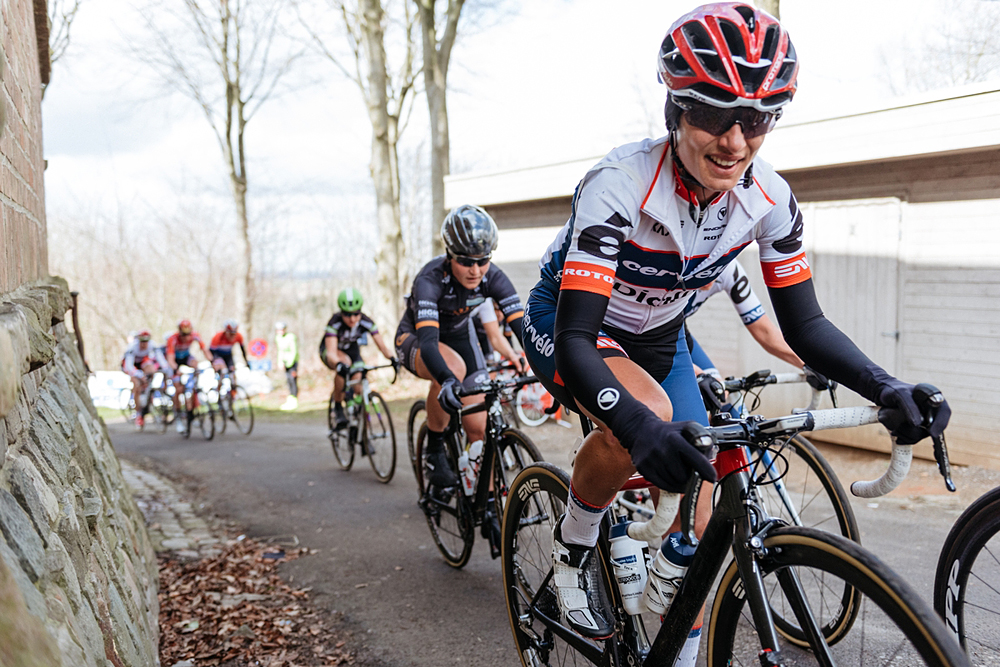
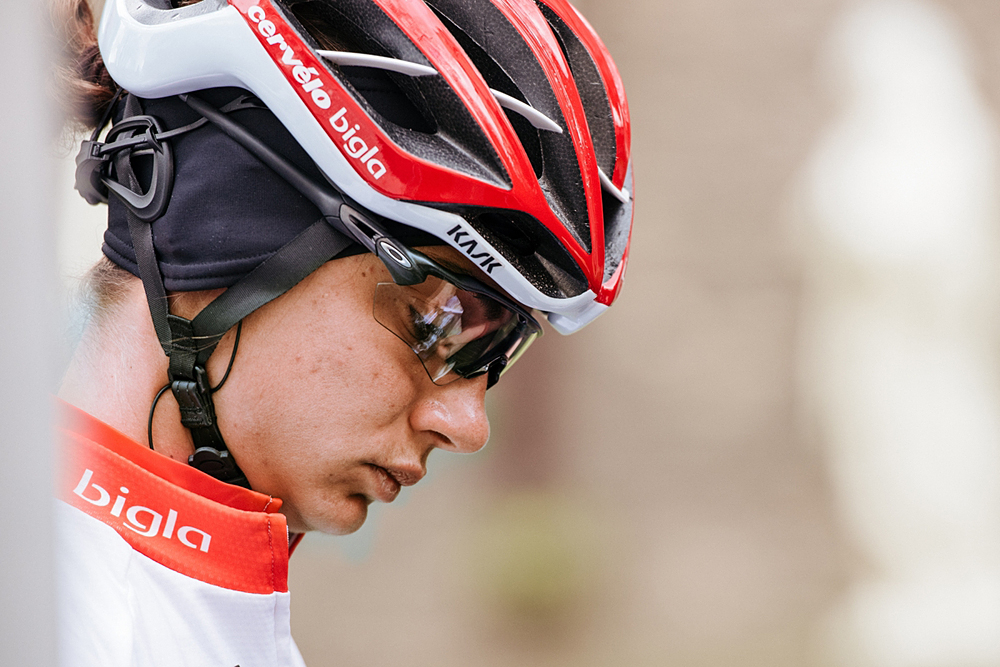
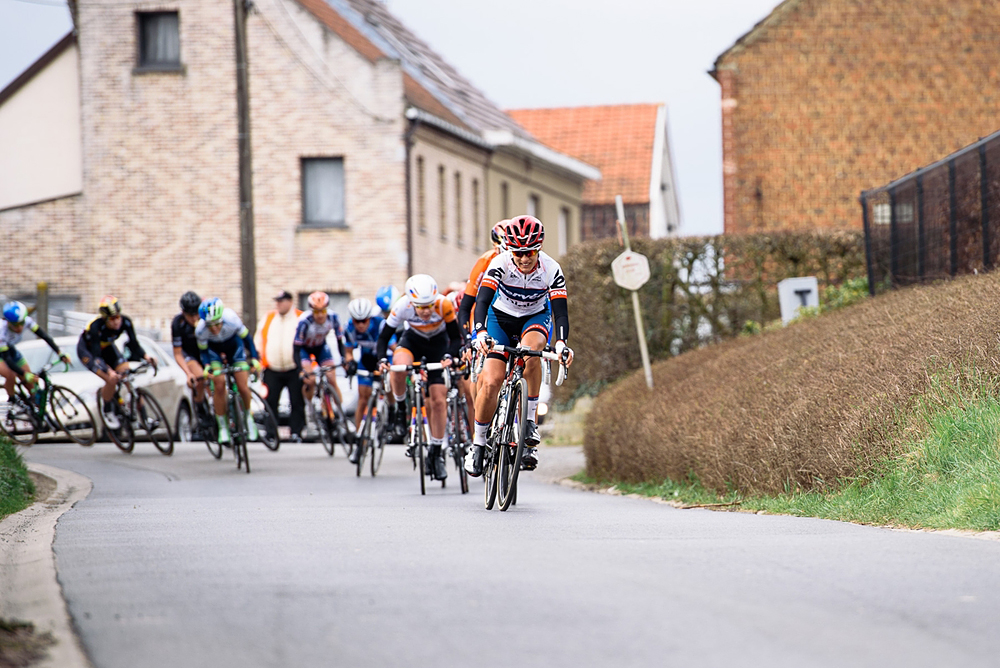
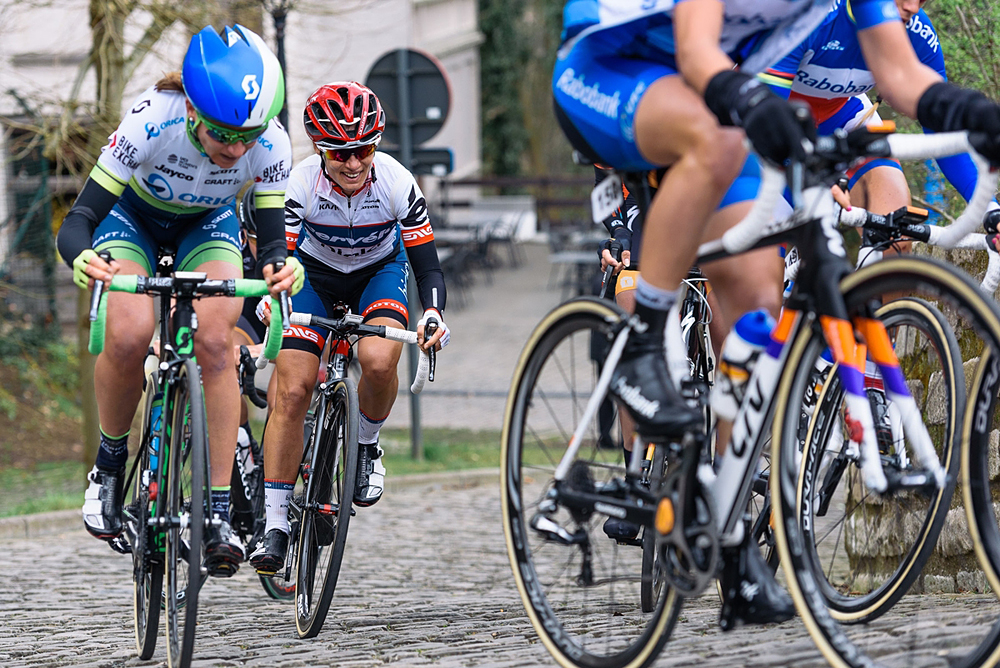
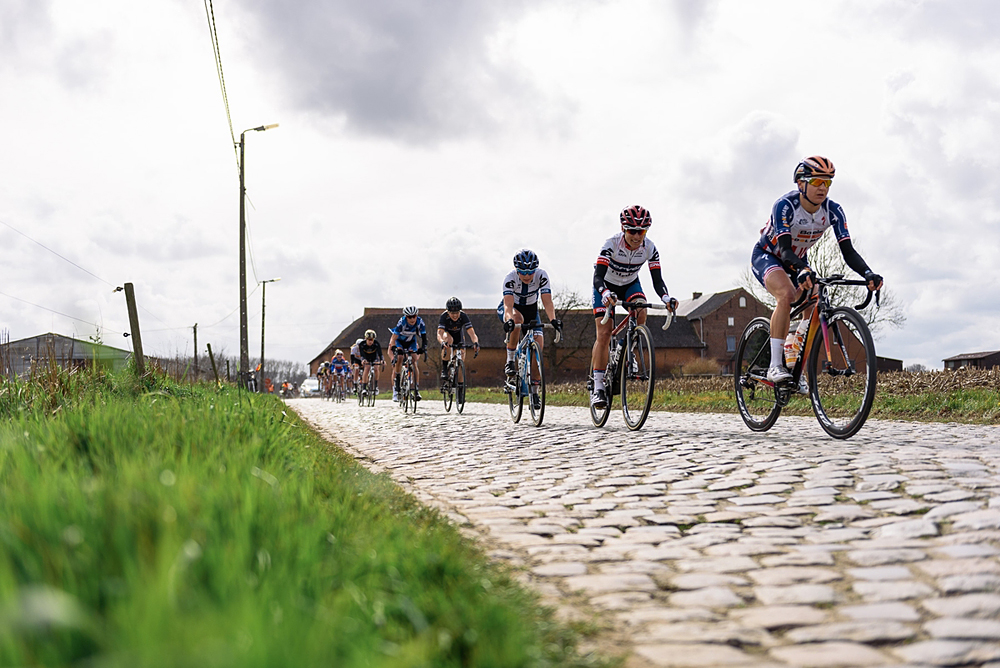
There is no doubt that the Women's Tour of Flanders course is one of the toughest Classics of the season with five cobble sectors and 10 sharp climbs to contest, not to mention a world-class field. Ashleigh Moolman-Pasio spent some time previewing the course Friday with her Cervelo Bigla team in order to refresh her memory about the key aspects of the 141km route.
“As soon as you get on the course the memory is refreshed and you remember it but it’s good to see it again,” Moolman-Pasio told Cyclingnews in an email ahead of Flanders. “It’s different to other courses. Trofeo Alfredo Binda, for example, once you’ve ridden the race once, you pretty much know the course, it’s not a complicated course, but these types of races like Flanders, it’s important to refresh the memory because there’s so many small details that are important.”
Moolman-Pasio placed 10th in the 2015 Tour of Flanders 47 seconds behind the solo breakaway winner Elisa Longo Borghini (Wiggle High5). The Italian broke away from the small lead group over the final two ascents and built her lead toward victory in Oudenaarde.
With no changes to this year’s route, the race will once again start and end in Oudenaarde. The route will first take the peloton over five cobbled sectors beginning with the Ruiterstraat (46.2km), Kerkgate (49.5km) and Jagerij (52.7km), and then the Paddestraat at 63.4km, followed by the Haaghoek (75km). But Moolman-Pasio believes that the climbs are the most decisive parts of the Women’s Tour of Flanders.
“The course is the same as last year but with a race like this there are so many details and aspects of the course that you need to remember and it’s really important to see it again,” she said. “It’s important to know how you enter the climbs; are you turning onto it left or right and are you coming into minor roads?”
The first climb is located 46km into the race at the Wolvernberg, which is before the first set of cobbles. The next set of climbs are the Molenberg (58.4km), Leberg (78.9km), Berendries (82.9km), Valkenberg (88.3km), Kaperij (99km), Kanarieberg (106.3km) and Kruisberg (114.7km).
The last two successive climbs are likely the most decisive; Oude Kwaremont (124.5km) and the Paterberg (127.9km). After cresting the Paterberg the riders will see only 14km to go.
Get The Leadout Newsletter
The latest race content, interviews, features, reviews and expert buying guides, direct to your inbox!
Moolman-Pasio also pointed out the smaller factors that make the course a challenge. Aside from the climbs and the rough terrain, the technical course is routed in all different direction, and weather and wind could play a crucial factor in Sunday’s race.
“So many aspects of the course make the race what it is,” Moolman-Pasio said. “It is essentially the hardest race on the calendar but it’s not just the cobbles that make it hard, it’s the small roads, there might be crosswinds, it’s the tight corners, it’s just a very technical course.
“You are passing the same point sometimes three times but from different directions. It’s the nature of this kind of racing in Belgium and sometimes the road surface isn’t so great. There are so many aspects that can make or break your race.”
Moolman-Pasio hasn’t had the best start to her spring campaign after an illness prevented her from competing at her best during the South African Championships in February. She was also disqualified from Strade Bianche for being one of a group of riders that passed under a closing level crossing and rode over a set of railroad tracks, against UCI rules. She was sick at the Trofeo Alfredo Binda-Cittiglio and raced a mediocre Gent-Wevelgem. Her season has started to get better with an eighth place at the Pajot Hills Classic, won by Marianne Vos (Rabo-Liv) on Wednesday.
“It was good to have an incident-free race. It just felt like I could just flow in the race and get a good race feeling and confidence. We raced really well together as a team and we are coming together.
After Gent-Wevelgem, Cervelo Bigla stayed in Belgium together to train ahead of the Women’s Tour of Flanders, something Moolman-Pasio said was a necessary step in their plans for success on Sunday.
“This period in Belgian together has been the perfect preparation for Flanders,” she said. “We raced there then what we learnt to implement we could again practice in Pajot Hills Classic three days later and we hope to take that progression into Sunday.
“The team is feeling confident and happy and this block has been a good one for us.”

Kirsten Frattini is the Deputy Editor of Cyclingnews, overseeing the global racing content plan.
Kirsten has a background in Kinesiology and Health Science. She has been involved in cycling from the community and grassroots level to professional cycling's biggest races, reporting on the WorldTour, Spring Classics, Tours de France, World Championships and Olympic Games.
She began her sports journalism career with Cyclingnews as a North American Correspondent in 2006. In 2018, Kirsten became Women's Editor – overseeing the content strategy, race coverage and growth of women's professional cycling – before becoming Deputy Editor in 2023.